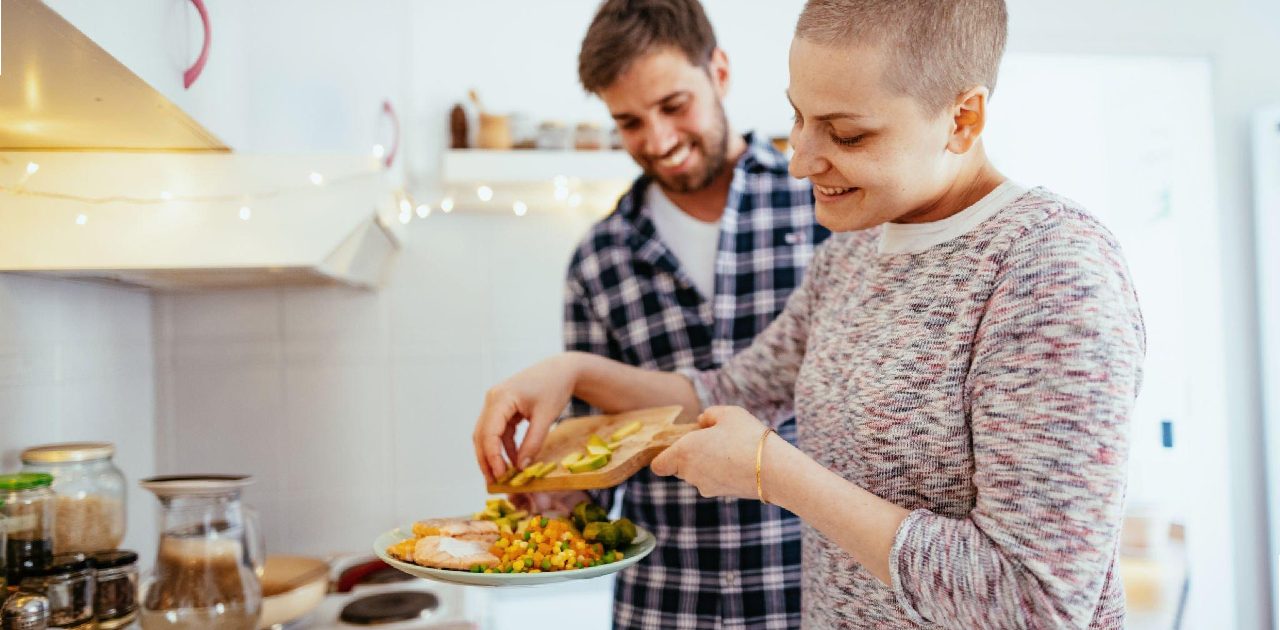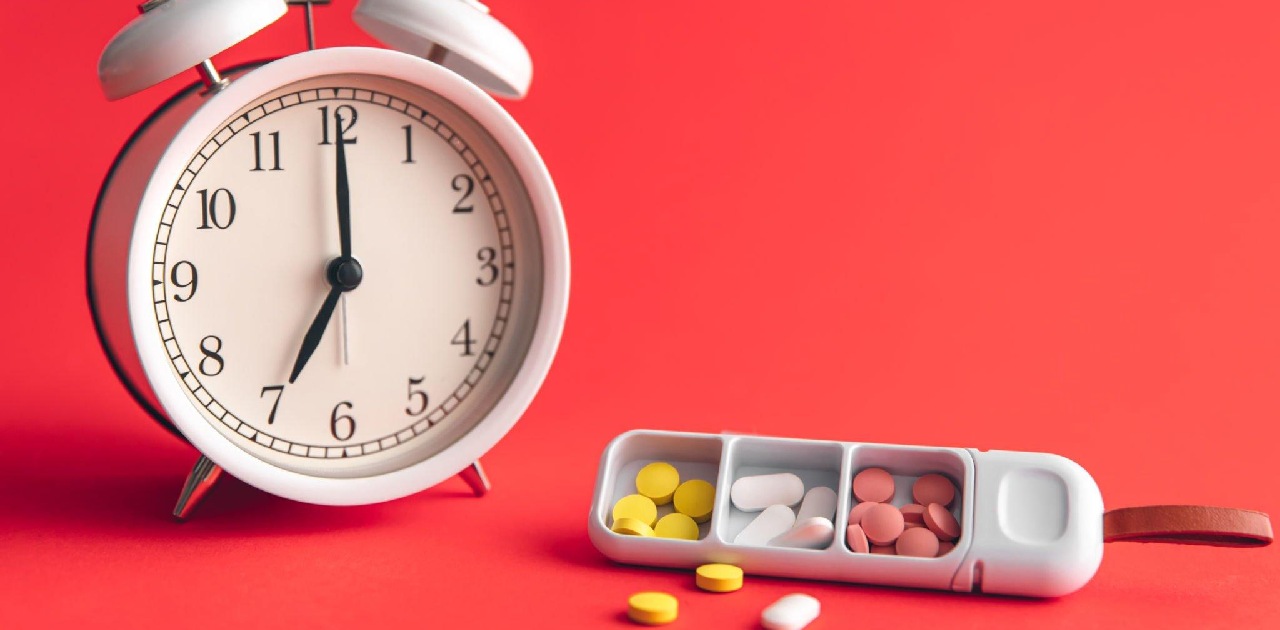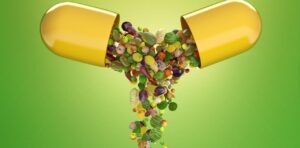Cancer is a leading cause of death worldwide, but did you know that making simple changes to your diet and lifestyle can significantly reduce your risk of developing this deadly disease? In this ultimate guide to cancer prevention, we’ll explore the role of food in cancer prevention and provide you with practical tips to help you make healthier choices. We’ll also debunk common misconceptions about cancer prevention along the way. So, let’s dive in!
Understanding cancer and its causes
Cancer is a complex and multifactorial disease, which means that there is no single cause. However, there are several risk factors that can increase your likelihood of developing cancer, including genetics, age, environmental factors, and lifestyle choices.
One of the most significant risk factors for cancer is an unhealthy diet. A diet high in processed foods, red meat, and saturated fats has been linked to an increased risk of several types of cancer, including colon, breast, and prostate cancer. Conversely, a diet rich in fruits, vegetables, whole grains, and lean proteins can help reduce your risk of cancer.
The role of food in cancer prevention
Food plays a vital role in cancer prevention because it provides the nutrients your body needs to function properly. Certain foods contain compounds that can help protect your cells from damage and reduce inflammation, both of which are key factors in cancer development.
For example, antioxidants are powerful compounds found in many fruits and vegetables that can help protect your cells from damage caused by free radicals. Free radicals are unstable molecules that can damage DNA and other important cellular components, leading to cancer and other diseases.
Other foods, such as cruciferous vegetables like broccoli and cauliflower, contain compounds that can help your body detoxify harmful substances that may contribute to cancer development. Additionally, foods that are high in fiber, such as whole grains and legumes, can help promote healthy digestion and reduce your risk of colon cancer.
Foods to avoid to reduce the risk of cancer
To reduce your risk of cancer, it’s essential to avoid foods that are high in saturated fats, processed sugars, and refined carbohydrates. These types of foods have been linked to an increased risk of several types of cancer, including breast, colon, and pancreatic cancer.
Processed meats like bacon and hot dogs should also be avoided. These foods are high in sodium and preservatives, both of which have been linked to an increased risk of cancer.
Another food to avoid is alcohol. Drinking alcohol in moderation can be a part of a healthy lifestyle, but excessive alcohol consumption has been linked to an increased risk of several types of cancer, including breast, liver, and colorectal cancer.
Anti-cancer foods to include in your diet
Now that we’ve talked about foods to avoid let’s focus on the foods that can help reduce your risk of cancer. Here are some of the best anti-cancer foods to include in your diet:
- Leafy greens like kale, spinach, and collard greens are rich in vitamins and minerals that can help protect your cells from damage.
- Berries like blueberries, raspberries, and strawberries are high in antioxidants that can help reduce inflammation and protect against cancer.
- Cruciferous vegetables like broccoli, cauliflower, and cabbage contain compounds that can help your body detoxify harmful substances.
- Whole grains like oats, brown rice, and quinoa are high in fiber and can help promote healthy digestion.
- Legumes like beans, lentils, and chickpeas are a good source of protein and fiber and can help reduce your risk of colon cancer.
The benefits of a plant-based diet for cancer prevention
A plant-based diet is one of the best ways to reduce your risk of cancer. A diet that focuses on whole, plant-based foods can help provide your body with the nutrients it needs to function properly while reducing your exposure to harmful substances found in animal products.
Studies have shown that people who follow a plant-based diet have a reduced risk of several types of cancer, including breast, colon, and prostate cancer. Additionally, a plant-based diet can help lower your risk of heart disease, diabetes, and other chronic diseases.
Other lifestyle changes to reduce the risk of cancer
In addition to making changes to your diet, there are several other lifestyle changes you can make to reduce your risk of cancer. Here are some tips:
- Get regular exercise – Aim for at least 30 minutes of moderate exercise most days of the week.
- Quit smoking – Smoking is a major risk factor for several types of cancer, including lung cancer.
- Protect your skin – Use sunscreen, wear protective clothing, and avoid tanning beds to reduce your risk of skin cancer.
- Get regular check-ups – Regular screenings and check-ups can help detect cancer early when it’s most treatable.
Supplements and vitamins for cancer prevention
While it’s always best to get your nutrients from whole foods, there are some supplements and vitamins that may help reduce your risk of cancer. Here are a few to consider:
- Vitamin D – Studies have shown that vitamin D may help reduce the risk of several types of cancer, including breast and colon cancer.
- Omega-3 fatty acids – These healthy fats found in fish and supplements may help reduce inflammation and protect against cancer.
- Curcumin – This compound found in turmeric has been shown to have anti-cancer properties and may help reduce the risk of several types of cancer.
Myth-busting common cancer prevention misconceptions
There are several common misconceptions about cancer prevention that can lead to confusion and misinformation. Here are a few myths we’d like to bust:
- Myth #1: Cancer is always caused by genetics. While genetics can play a role in cancer development, lifestyle factors like diet and exercise are equally important.
- Myth #2: Cancer is always caused by environmental toxins. While exposure to harmful substances can increase your risk of cancer, lifestyle factors like diet and exercise are also important.
- Myth #3: There’s nothing you can do to prevent cancer. While there is no guaranteed way to prevent cancer, making healthy lifestyle choices like eating a healthy diet, getting regular exercise, and avoiding harmful substances can significantly reduce your risk.
Cancer prevention meal plan and recipe ideas
Here’s a sample meal plan to help you get started on your cancer prevention journey:
- Breakfast: Oatmeal with berries and almond milk
- Snack: Carrot sticks with hummus
- Lunch: Grilled chicken salad with mixed greens, cherry tomatoes, and avocado
- Snack: Apple slices with almond butter
- Dinner: Broiled salmon with roasted Brussels sprouts and brown rice
Here are some recipe ideas to help you incorporate more anti-cancer foods into your diet:
- Blueberry and spinach smoothie
- Roasted broccoli and cauliflower with garlic and lemon
- Lentil and vegetable stir-fry
- Quinoa and black bean salad with avocado dressing
Frequently Asked Questions:
What types of foods can help prevent cancer?
Eating a diet that is rich in fruits, vegetables, whole grains, and lean proteins can help reduce the risk of developing certain types of cancer. Foods that are high in antioxidants and anti-inflammatory properties are also beneficial.
Are there specific fruits and vegetables that can prevent cancer?
Yes, there are many fruits and vegetables that have been linked to cancer prevention. Some examples include leafy greens, broccoli, cauliflower, tomatoes, berries, citrus fruits, and cruciferous vegetables.
How can I incorporate more cancer-fighting foods into my diet?
You can try to include a variety of cancer-fighting foods in your meals and snacks. For example, try adding berries to your cereal or yogurt, incorporating dark leafy greens into your salads, or adding vegetables like broccoli or cauliflower to your stir-fries.
Are there any foods that can increase my risk of developing cancer?
Yes, some studies have shown that processed meats, red meats, and alcohol consumption can increase the risk of certain types of cancer. It’s best to limit your intake of these foods.
Can drinking green tea help prevent cancer?
Green tea contains antioxidants and anti-inflammatory properties that have been linked to cancer prevention. While there is no guarantee that drinking green tea will prevent cancer, it may have some benefits.
Should I take supplements to prevent cancer?
It’s always best to get your nutrients from whole foods rather than supplements. While some supplements may have benefits, it’s important to talk to your healthcare provider before taking any new supplements.
Can losing weight help reduce my risk of cancer?
Yes, being overweight or obese can increase the risk of certain types of cancer. By maintaining a healthy weight through a balanced diet and regular exercise, you may be able to reduce your risk.
How much should I eat of cancer-fighting foods to reduce my risk?
There’s no one-size-fits-all answer to this question, but eating a variety of cancer-fighting foods as part of a balanced diet is a good place to start. Try to include at least five servings of fruits and vegetables each day, and make sure to include a variety of colors and types of produce.
Conclusion: Taking action towards cancer prevention
Cancer prevention is all about making healthy lifestyle choices that can reduce your risk of developing this deadly disease. By focusing on a diet that’s rich in whole, plant-based foods and making other healthy lifestyle changes, you can significantly reduce your risk of cancer. So, take action today and start making the changes you need to live a healthier, happier life.







